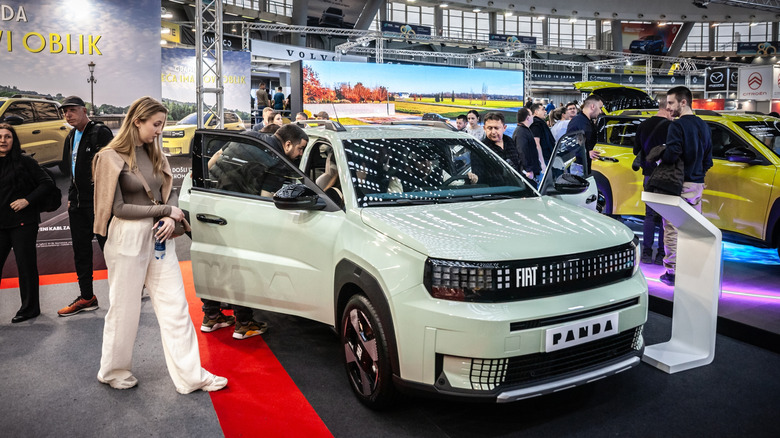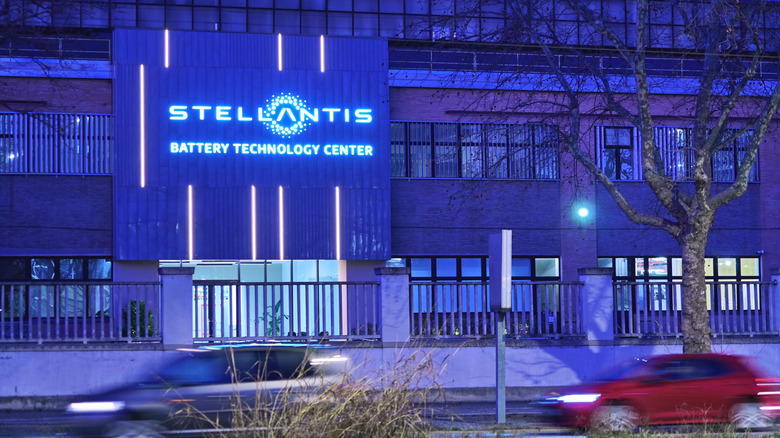Stellantis Backtracks On Dare Forward 2030 Plan For All Electric Vehicles, Here's Why
Stellantis' all-electric future has hit a pretty big speed bump. The automotive behemoth behind brands like Jeep, Ram, and Dodge has slammed the brakes on its ambitious Dare Forward 2030 plan. This is the same ambitious vision unveiled just a few years ago in 2022. Originally, it promised a massive €50 billion investment into electrification, with the target of selling only battery-electric vehicles in Europe by the end of the decade. The news was dropped at the Munich Motor Show by Stellantis' European chief, and it effectively killed a key goal of the strategy.
So what gives? According to Stellantis itself, the dream collided head-on with reality. Imparato pointed to a trifecta of problems holding back the EV revolution including inadequate charging infrastructure and adoption rates that are not keeping up with forecasts. He also pointed toward soaring costs – raw material costs of EVs have risen significantly since the pandemic and aren't expected to slow down. High material costs translate to a higher asking price for EVs, which puts off customers.
At the same time, the company's new CEO, Antonio Filosa, is reportedly pushing for regulators to be more flexible and to throw some support behind hybrid tech instead of forcing an all-or-nothing EV mandate. Indeed, many people still prefer hybrids due to their affordability. Imparato went even further, bluntly labeling the European Union's wider goal for all new cars to be zero-emission by 2035 as totally "unrealistic" under the current market conditions.
It's all part of a wider trend
But there's more at play here. For instance, the heavy spending on research, development, and production for electric vehicles began to squeeze the company's profits. Things got even messier when Chinese automakers stormed the European market with EVs priced so competitively that companies like Stellantis found themselves in a price war they couldn't win.
Trouble was also brewing within Stellantis' own family of brands long before the big announcement. Alfa Romeo had already canned its plan to be all-electric by 2027 and is now taking a "multi-energy" approach. Fiat also decided to shift awayfrom a fully electric 500 range, and Dodge even pulled the entry-level electric Charger Daytona R/T because of poor demand. Furthermore, Ram announced delays for its Ramcharger and 1500 range-extender trucks.
That said, Stellantis is not alone with these revised expectations. Mercedes-Benz, which once championed an all-electric lineup by 2030, now concedes that market conditions will dictate the pace of its transition. Similarly, Ford is pivoting to offer more hybrid models. Volvo also scrapped its target of going all-electric by 2030, with its CEO admitting the transition to electrification is not going to be linear. General Motors dramatically slashed its 2024 EV production forecast and is bringing more hybrids to market after dealers found themselves sitting on unsold EV inventory. It's almost like the industry seems to have reached a consensus that EVs indeed are the future, just not right now.

